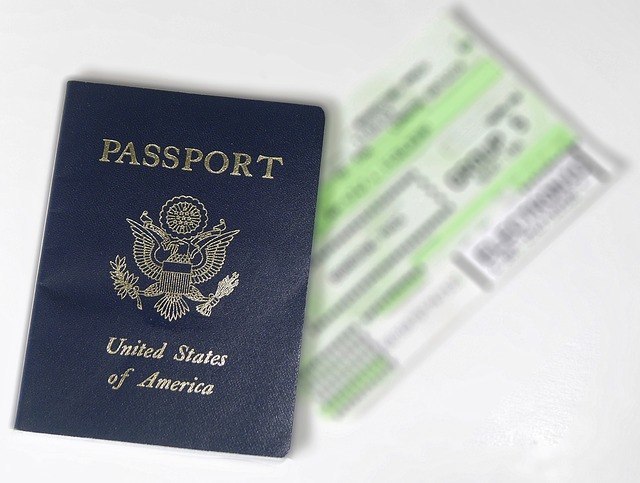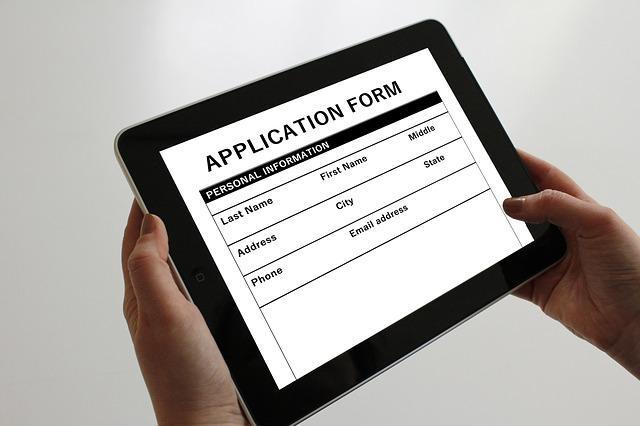How would you like to expand your professional development through travel? A teacher travel grant may be just the ticket for you! In this guest post by Tim Wenger, learn how you can apply for a travel grant and stand apart from other applicants. Take it away, Tim!
More...
Spring is the time of year when winter storms give way to beautiful flowers, and the shelving of that winter parka reveals an urgent need to get outside and tan. It’s also the time when visions of summer break intrude nearly every daily thought pattern, and nothing gets you more excited than the smell of sunscreen. The beach is calling. Let’s do some travel!
The biggest issue? Financing. We all need some inspiration before jumping back into the classroom, and it’s important that inspiration doesn’t break the bank. Fortunately, there are numerous grant and fellowship opportunities to help you get on the road next summer. Let’s take a look at some of the best options out there, and discuss how to apply for teacher travel grants.
Get prepared before applying.

Just like passing a test, applying for a travel grant requires planning and execution. The first thing to take care of are some basics:
- Make sure you have a valid passport.
- Figure out some available options for travel and what it will take to get there. A quick Google search on travel grants for teachers will go a long way.
- Decide how long you’re wanting to spend abroad.
Much like applying for a job, applying for a grant requires application steps. Namely, proving who you are, why you deserve the opportunity, and a convincing argument that what you learn from your travels will be applied in the classroom. Collect a couple letters of recommendation and be prepared to write a personable cover letter for each application.
Much like applying for a job, applying for a grant requires application steps.
Do your research.

For teachers, many opportunities abound for international and domestic travel. Browse the web to find opportunities that pique your interest, fit your time frame, and match your adventure level. Some are volunteer based, meaning you’ll be expected to work with the organization or local groups to complete a task while on the ground in your destination. Others are more education-based, giving teachers the opportunity to soak in new cultures, lifestyles, and educational foundations.
The most important factor is understanding how the grants you apply for will help you become a more well-rounded teacher. You don’t have to be a professional grant writer to apply for teacher travel funding. Be thorough, and follow instructions exactly, and if you are the right fit, the foundation will recognize that.
Write the grant application

If you’ve never applied for a grant before, it may help to do some research on best practices. GrantSpace offers a great free tutorial on proposal writing. In the application, emphasize the professional growth you hope to achieve and how that specific grant will help you get there. Be sure to include examples of how what you learn will be translated into the classroom. Remember: they’re not just giving out free money. Foundations and other grant funders need to see that their grant money is being used for its intended purpose. View your travel as professional development, and convey that in the application.
The most important factor is understanding how the grants you apply for will help you become a more well-rounded teacher.
A few options for getting started

Peace Corps Response: Spanning a few months to a year, Peace Corps Response opportunities are much more brief than a traditional stint in the Peace Corps. The work often focuses on education, so teachers make the perfect candidates.
NOAA Teacher At Sea- Spend one to three weeks working with National Oceanic and Atmospheric Administration scientists at sea.
Fund For Teachers- Fellowship program for teachers, providing grant funding for professional development.
GEEO- A non-profit helping teachers travel the world.
Travel Beyond Excuse - Want to learn about 29 Travel Grants and Other Travel Opportunities for Teachers and Education Professionals? Read on!
Get entrepreneurial

By taking grant money and heading somewhere new, you’re stepping into a realm where you are ultimately responsible for your results. Budgeting correctly, traveling efficiently, and maximizing your takeaways are going to take a bit of business know-how and out-of-the-box thinking. Teacher Indie is the ultimate resource for learning the basics of running a teaching business, which in this case can help you understand things that may be expected of you on the trip. Things such as remote and online teaching, understanding available resources for teachers, and even starting a blog to document your travels are covered.
Sticking with it

Many of these grants are competitive. It helps to consider a few options. Planning ahead and ensuring that your application is thorough, convincing, and honest will boost your chances of receiving funding or being selected for a program. If you aren’t selected for a grant or trip, don’t be discouraged from applying again next year. Reach out to the organization, and do some research to find out what exactly it is that they’re looking for.
One more incredibly valuable piece of advice: meet as many people as you can, and maintain your contacts. Go to networking events, shake hands at teacher happy hours. You never know who might be able to plug you into a certain travel program, or provide the perfect letter of reference down the road.

Tim Wenger is the Content Manager at Live Lingua and and the founder of Inkwell Media Services. After finishing a BA in Communications from Fort Lewis College, Tim jumped into the back of a Ford Econoline and spent a few years playing guitar in dark bars while falling in love with travel, good food, and local drink. He's been unable to rest his pen (or his feet) ever since.

